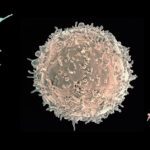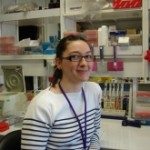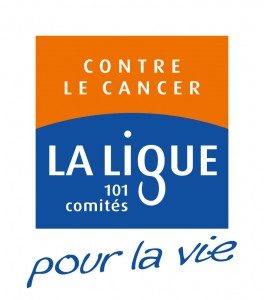About
Rudolf Virchow postulated more than 150 years ago that inflammation might be linked to cancer development. Although a large body of experimental evidence accumulated to date strongly supports such a link, it is less clear whether the immune system plays a beneficial or detrimental role in this process. Innate lymphoid cells (ILCs), including natural killer cells, are a diverse family of hematopoietic effectors that rapidly produce cytokines and can play anti- or pro-inflammatory roles in infection, transformation and tissue homeostasis. The roles for NK cells in the anti-tumor response are well described, however, the impact of other ILC subsets in cancer immunology remains less defined.
This project aims at identifying novel genetic traits that regulate the anti-tumor activities of NK cells and other ILC using an unique mouse resource, the Collaborative Cross (CC). CC is a panel of recombinant inbred mice derived from randomized breeding of eight laboratory inbred strains combining high genetic diversity with the advantage of inbred mouse strains. We have identified CC strains that diverge in their anti-tumor immune responses and are characterizing the molecular mechanisms responsible for these differences. Ultimately, these diverse genetic traits may lead to the development of novel therapies for cancer.
For more information, please contact: christian.vosshenrich@pasteur.fr








